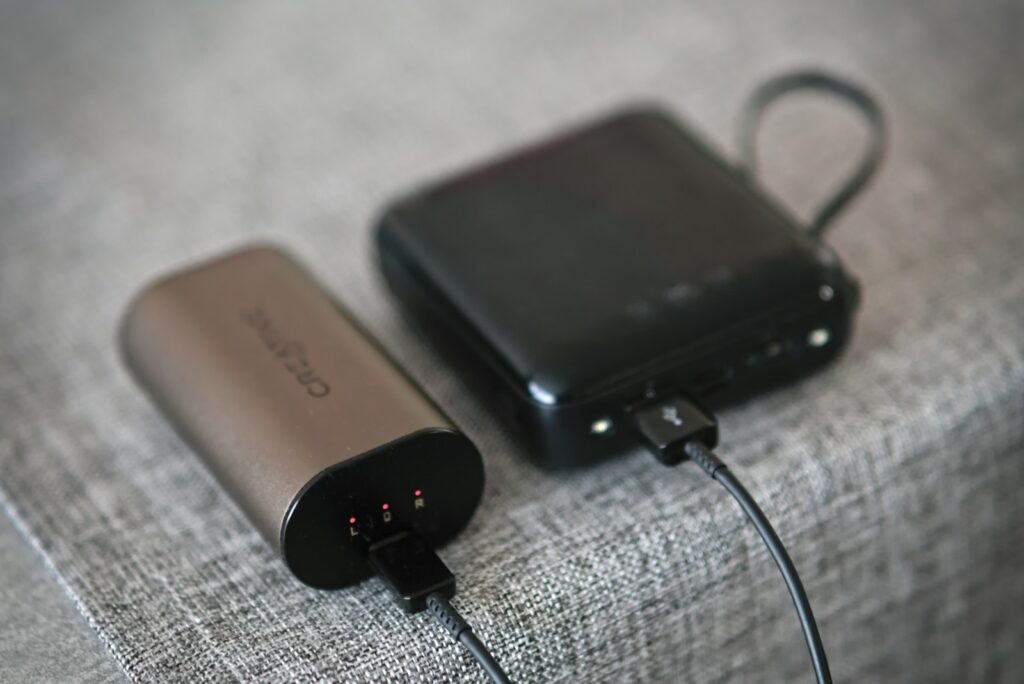Most people have heard the term VPN, but not everyone knows whether they truly need one. VPN stands for “Virtual Private Network,” and it’s often advertised as an essential security tool. But is it really something every average person should install, or is it more of a niche product for specific situations?
Let’s break it down in simple terms so you can decide if it fits your digital life.
What a VPN Actually Does
A VPN works like a private tunnel between your device and the internet. Typically, your internet traffic travels openly through your internet provider, which means websites and even your ISP can see your activity. With a VPN, your connection is encrypted, and your IP address (your digital location tag) is hidden.
This makes it harder for outsiders to track what you’re doing online, and it can give you a sense of privacy. Some people use VPNs to connect safely on public Wi-Fi at coffee shops or airports, since those networks are notoriously vulnerable to snooping. Others use them to access websites or streaming services not available in their region.
If you’re also considering other tech essentials, see Do You Really Need an Expensive Router?
When a VPN Is Useful
If you often connect to public Wi-Fi, a VPN is one of the best ways to protect your data. Hackers sometimes set up fake hotspots to steal information, and a VPN shields your connection from prying eyes.
VPNs are also helpful if you travel frequently and want to access content from your home country, like your favorite shows or bank accounts. They can bypass geo-restrictions by making it appear as though you’re connecting from another location. Additionally, journalists, activists, or anyone who needs extra privacy for their work can find VPNs essential.
For more ways to tidy up your tech habits, check out Digital Declutter: Simple Steps to Clean Up Your Tech Life.
When You Probably Don’t Need One
For most people who browse social media, shop on reputable websites, and stream Netflix at home, a VPN isn’t strictly necessary. Secure websites already use encryption (you’ll see the little lock icon in your browser), and your bank or shopping site is already protecting your transactions.
VPNs can also slow down your internet connection because your data must travel through an additional server. If speed is a priority, especially for gaming or streaming in HD, a VPN may feel more like an annoyance than a benefit.
When following online privacy tips from the FTC, safe browsing habits often go just as far as extra tools when it comes to protecting your information.
The Myths About VPNs
Many ads make it sound like a VPN makes you completely invisible online, but that’s not the case. While a VPN hides your IP address and encrypts your traffic, websites can still identify you in other ways, such as through cookies or account logins.
It’s also important to remember that you’re trusting the VPN company with your data instead of your internet provider. If you pick a shady VPN, you could be giving your information to someone less trustworthy than your ISP. Always research providers carefully and avoid free VPNs that may collect and sell your data.
Alternatives to VPNs
If your primary concern is privacy at home, adjusting your browser’s privacy settings, clearing cookies, and installing a trusted ad blocker may be sufficient. For public Wi-Fi, you can often avoid risks by sticking to secure sites (those with “https”) and refraining from sensitive logins, such as banking, while on an open network.
Some people also utilize features built into browsers, such as “private browsing,” or secure DNS services that block trackers without requiring a VPN. These won’t provide the same level of complete privacy, but they’re simpler for casual users who don’t want to take the extra step of turning a VPN on and off.
Check out Cutting the Cord: Streaming for Non-Techies to explore another way of saving money.
Key Takeaways
A VPN can be a wise tool if you travel often, use public Wi-Fi, or need to access content from different regions. But for everyday use at home, it’s not a must-have. Instead of rushing to install one, think about your online habits first.
For many people, safe browsing habits and built-in security protections are enough. However, if you value extra privacy or travel frequently, a VPN may be worth the small cost and minor slowdown in exchange for the peace of mind it provides.




